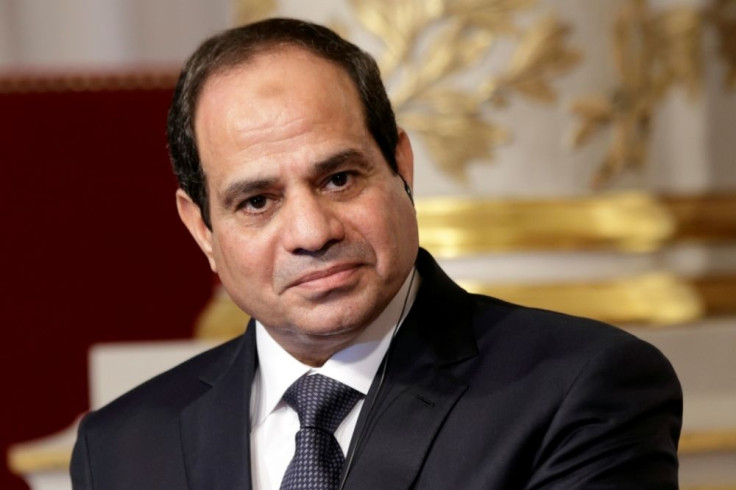Egypt Revises Draft Law That Threatens To Put Journalists In Jail; Recommends Hefty Fines Instead

There is a silver lining for journalists in Egypt. The government has decided to take back its anti-terrorism draft law that threatens to imprison reporters for up to two years if they write news that contradicts official statements released about jihadist attacks.
The Middle East News Agency (MENA) and Agence France-Presse (AFP) reports that government spokesman Hossam al-Qawish said that the revision to the planned law states that under Article 33, journalists will not face jail time anymore. Instead, they will be fined a hefty amount that ranges from 200,000 to 500,000 Egyptian pounds (between 23,000 and 58,000 euros, $25,500 to $64,000).
The Guardian reports that the cabinet approved the original draft on July 1 and has since received backlash from different sectors calling it out for allegedly violating free speech and human rights. A significant part of the draft made the publication of "false news or data about any terrorist operations that contradicts the official statements released by relevant authorities" illegal.
The draft is reportedly in response to reports of an attack by the Islamic State's affiliate in Egypt on a small town in the Sinai desert. The international media wrote that the incident cost the lives of more than 21 soldiers, which the government vehemently denied.
"The day of the attack in Sinai, some sites published 17, then 25, then 40, then 100 dead," Egyptian Justice Minister Ahmed al-Zind said to AFP, in a report from the Daily Star Lebanon.
Zind was referring to the reported troop casualties. Official numbers showed that only 21 soldiers died.
"The government has the duty to defend citizens from wrong information. I hope no one interprets this as a restriction on media freedoms. It's just about numbers (in death tolls)," Zind noted in the same interview.
As of this writing, there are at least 18 journalists jailed in Egypt. Some have been allowed to post bail while others are still awaiting trial.
ABC reports that in February, Australian journalist and Al Jazeera reporter Peter Greste was deported after being kept in prison for 400 days since his arrest in December 2013 along with two colleagues for allegedly airing false news. He left Egypt in February 2015. However, he was still named as a defendant in the Egyptian court in May and was accused of being "on the run." Greste refuted the claim saying no paperwork was filed upon his departure.
The decision to impose fines, instead of incarceration, is still subject to President Abdel Fattah al-Sisi's approval, which could happen in the next few days. But, several human rights organizations are not happy. For one, Egyptian Journalists Syndicate official Khaled al-Balchi said that the changes are in some way still a form of imprisonment because the fines are way beyond the financial capacity of the majority of journalists.
To contact the writer of this story, send an email to v.doctor@ibtimes.com.au





















